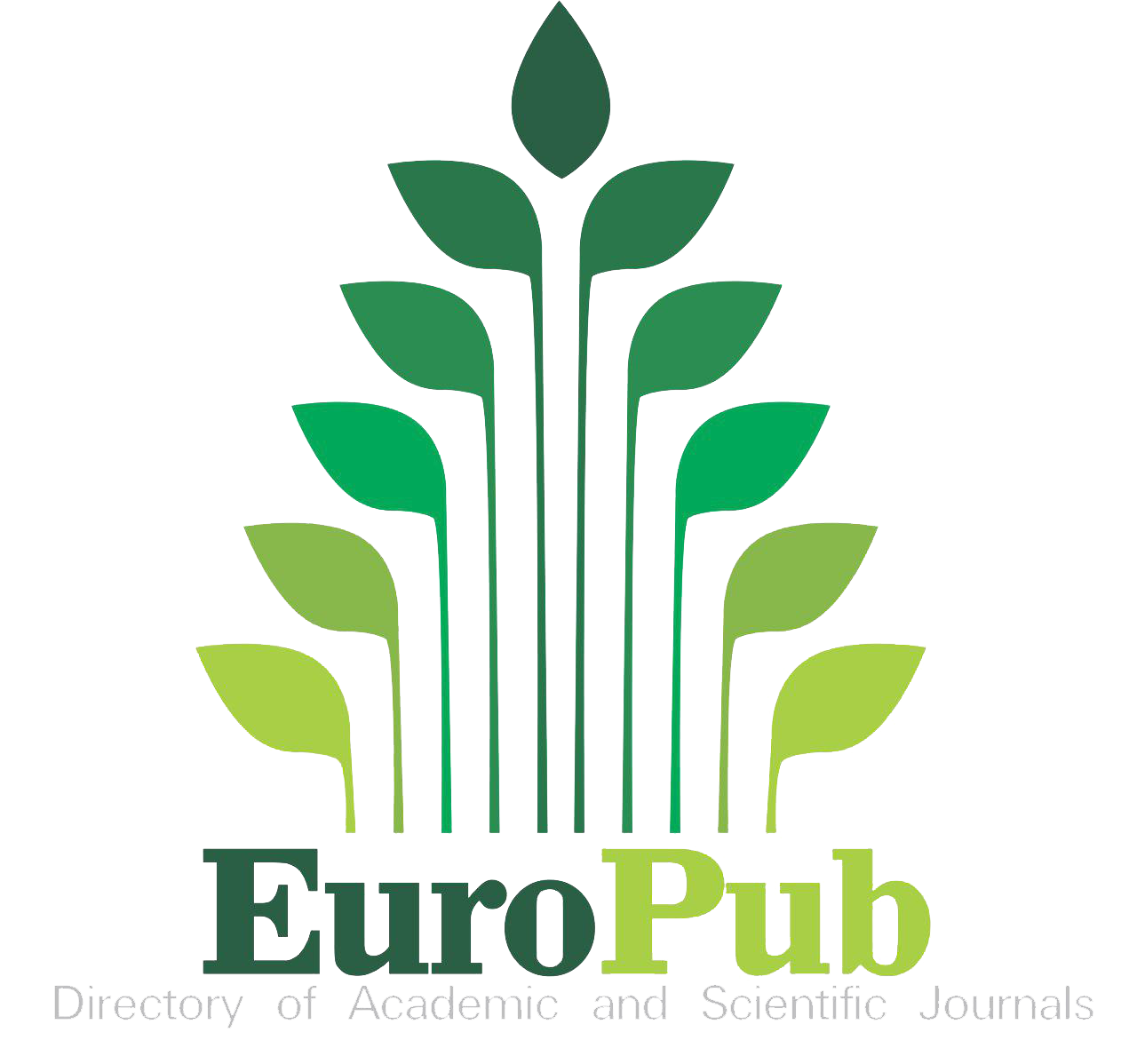A PRELIMINARY STUDY ON DISINFECTION AND IN VITRO PROPAGATION OF CELOSIA TRIGYNA LINN.
DOI:
https://doi.org/10.46243/jst.2024.v9.i4.pp84-95Keywords:
Celosia, disinfection, explant, in vitro, MS, trigyna.Abstract
Celosia trigyna is an underutilized indigenous vegetable in Nigeria with numerous medicinal uses. Information is sparse on any attempt to conserve it. In other to conserve it through in vitro propagation, a disinfection protocol was developed using Clorox (NaClO) and Mancozeb (C8H12MnN4S8Zn) (Treatment T1 to T9) and a preliminary investigation testing its responsiveness in vitro. Nodal explants of Celosia trigyna were collected from the mother plants at Obafemi Awolowo University Estate, Ile – Ife (Latitude 7⁰32’N and Longitude 4⁰31’E). The nodal explants of C. trigyna were cultured on Murashige and Skoog (MS) medium supplemented with various levels of plant growth regulators (PGRs). The clean cultures obtained were monitored for degree of callus formation, morphology of callus, shoot and root regeneration. Treatment T6 (5% v/v Clorox for 9 minutes and 1% w/v mancozeb for 5 minutes) was best for disinfecting nodal explants of C. trigyna resulting into 81.47 ± 2.14a % aseptic cultures. Nodal explants cultured on MS with 0.5mg/L 2, 4 –D produced callus. This study established that using 5% v/v Clorox for 9 minutes followed by 1% w/v mancozeb for 5 minutes is effective for producing clean cultures of nodal explants and that C. trigyna can be propagated in vitro.


























